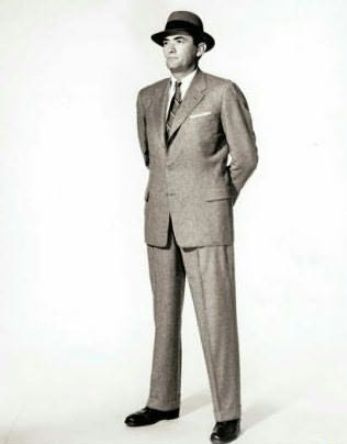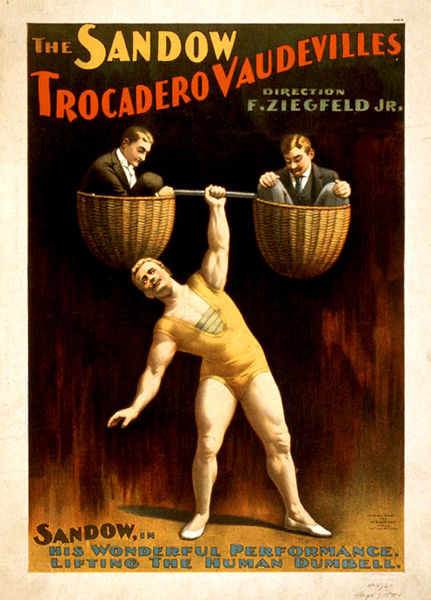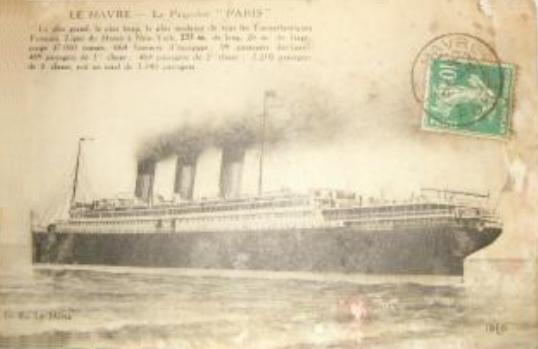In a customarily cogent and paranoid post, the BBC’s Adam Curtis blogs about what he calls the “fake objectivity” that obscures where the real power in society rests. An excerpt about H.L. Hunt, a wing-nut Texas oilman whose view of journalism presaged Fox News by many decades:
“The first is an odd story – with a very strange character at its heart. It is about how in the 1950s the richest man in the world, an oil billionaire in Texas, invented a new form of television journalism. It pretended to be objective and balanced but in fact it was hard core right-wing propaganda. It was way ahead of its time because, in its fake neutrality, it prefigured the rise of the ultraconservative right-wing media of the 1990s – like Fox News, with its copyrighted slogan, ‘Fair and Balanced.’
The billionaire was called H. L. Hunt – Haroldson Lafayette Hunt. He made his fortune in the early 1930s by getting hold of one of the biggest oil fields in America – in the pine forests of East Texas. He was a ruthless, driven man and from early on he became absolutely convinced that he had superhuman qualities that made him different from other humans.
From the 1920s onwards Hunt was a bigamist. He married two women and raised two families that were oblivious of each other. He told his second wife, Frania, that he was called Major Franklyn Hunt. There was a rocky moment when his picture was on the front page of all the Texas papers because of his spectacular oil deal. Frania asked Hunt if that was him – he told her no, that it was his uncle who had been so clever.
Hunt was part of a group of extreme right-wing oil men in Texas who had enormous influence because of their wealth. There is a brilliant book written about this group – The Big Rich by Bryan Burrough. Burrough describes how they had first risen up in the 1930s because they loathed President Roosevelt – ‘a nigger-loving communist,’ as one oil man called him. They were convinced that Roosevelt’s New Deal was really run by Jews and communists – or ‘social vermin’ as they politely put it.
A Texas congressman called Sam Rayburn summed up this group of right-wing oil men. ‘All they do is hate’ – he said.
After the Second World War H L Hunt did two things. He added another, third, family to his bigamist’s collection. And he also turned to the new medium of television to promote his ultraconservative views.”









